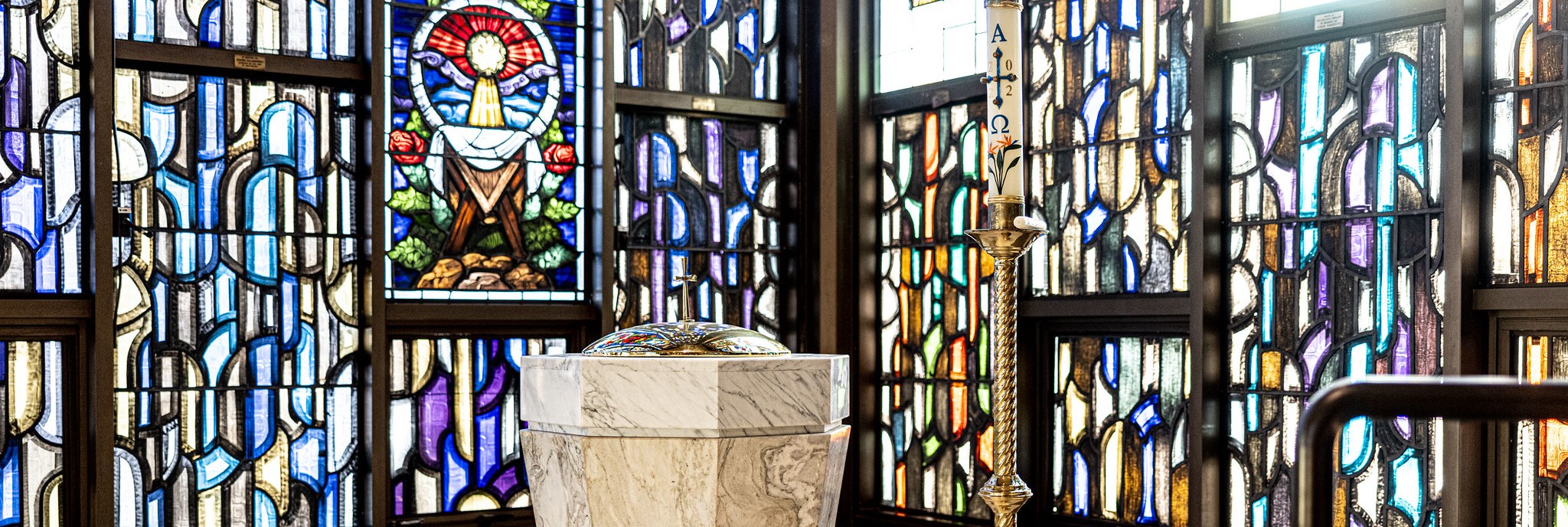Liturgical Ministries
National Liturgical Council

Liturgy is the action of Christ. When we are baptised, we become part of the Body of Christ and thus all are celebrants of the liturgy. Full, conscious and active participation in the liturgical action is the right and duty of each person by reason of their baptism (SC 14).
Liturgical services are not private functions – they belong to the Church, which is the sacrament of unity (SC 26). To enable this communal worship, a variety of individual ministries is required – they are a sign of the broader participation of all the baptised.
Among the baptised, the list of those who exercise a particular role in the liturgy is quite long indeed: it begins with the priest and deacon, and extends to those who proclaim the Scriptures, and assist with the distribution of communion (whether instituted as acolytes and lectors or not). Other lay ministries include a variety of roles in the music ministry: organists, psalmists and cantors, choir members and other instrumentalists, conductors and leaders of the assembly. Then there are servers and sacristans, those who carry the bread and wine to the altar, ministers who take care of hospitality and the setting for the liturgy, collectors and commentators. Sometimes a more important liturgy will require the coordination of a Master of Ceremonies. Increasingly, there is a need for lay presiders and lay preachers (to lead a Sunday Celebration of the Word or the Children’s Liturgy of the Word). Then there are sponsors and godparents for Christian initiation and members of the liturgy committee who prepare the liturgy, its texts and ministers.
In liturgical celebrations, each one, minister or lay person, who has an office to perform, should do all of, but only, those parts which pertain to that office by the nature of the rite and the principles of liturgy.
Servers, readers, commentators and members of the choir [for example] exercise a genuine liturgical function. They ought to discharge their office, therefore, with sincere devotion and decorum demanded by so exalted a ministry and rightly expected of them by God’s people.
Consequently, they must all be deeply imbued with the spirit of the liturgy, in the measure proper to each one, and they must be trained to perform their function in a correct and orderly manner (SC 28-29).
These ministries in the liturgy are never about status or power or privilege; they are always a work of service to support other community members in the common worship. Individuals place their gifts and skills at the service of all. Designation for ministry demands a discernment of gifts to be followed by appropriate training. So, for example, one person might have the right personality to welcome people at the door; another might have the gift of public speaking and a love of the Scriptures which would make them eminently suitable to be a reader; another with musical abilities and training are called to this service. Parishes should ensure that liturgical ministers reflect the make-up of the liturgical assembly in its mix of women and men, young and old, ethnic background, level of education and lifestyle.
Formation for ministry is an ongoing task. Readers will gradually come to understand the Lectionary more fully as they prepare their proclamation month by month; musicians will continue to learn how to lead the assembly in singing as they review their repertoire and evaluate people’s participation; communion ministers will deepen their understanding of the gift of Christ’s sacramental presence through study and prayer.
At the Last Supper, Jesus wrapped a towel around his waist and washed his disciples’ feet. Then he said to them: If I, the Teacher and Lord, have washed your feet, you also ought to wash one another’s feet. I have given you an example so that as I have done to you, you also should do (John 13: 1-16).
